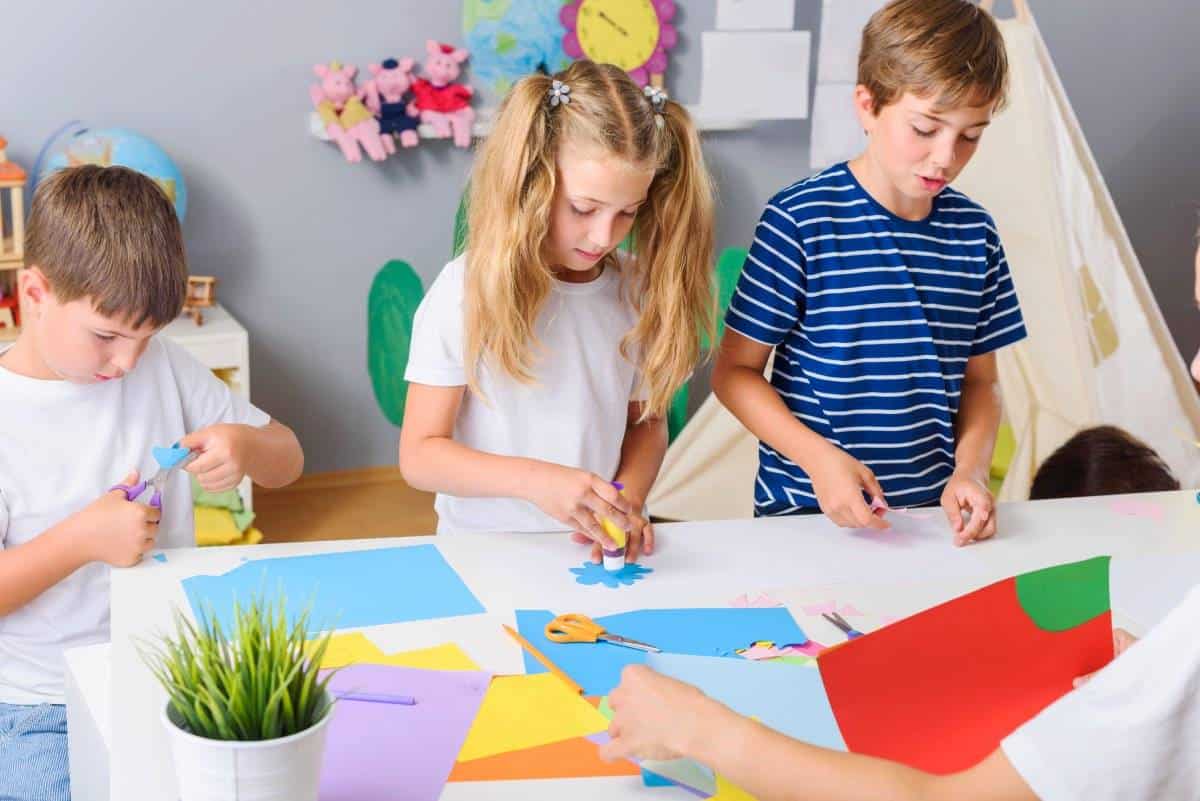
The Benefits of Learning a New Hobby for Mental Health
In today’s busy world, it’s more important than ever to focus on mental well-being. Many people feel the stress of daily life. So, they look for ways to unwind, relax, and refresh their minds. One of the most effective yet often overlooked methods is learning a new hobby. This article looks at the benefits of starting a new hobby, especially for mental health. We’ll look at how hobbies can help with self-improvement, relaxation, and personal growth.
Adding a hobby to your life isn’t just about passing time. It’s about making room for joy, creativity, and mindfulness. Hobbies like painting, gardening, or playing a musical instrument can improve your mental clarity and increase your happiness.
Why Learning a New Hobby Matters
A Break from the Mundane
One of the primary reasons hobbies are beneficial is that they offer a much-needed break from the monotony of everyday life. Engaging in activities that differ from your usual routine helps reset the mind and provides a fresh perspective.
- Mental Refreshment: Stepping away from work or daily responsibilities gives your brain a chance to recharge.
- Increased Creativity: A new hobby can spark creative thinking, offering solutions to problems in other areas of life.
- Stress Relief: Immersing yourself in an enjoyable activity helps reduce tension and anxiety.
The Science Behind Hobbies and Mental Health
Research highlights the positive impact of hobbies on mental health. When you engage in a hobby, your brain releases dopamine, the “feel-good” neurotransmitter associated with pleasure and reward.
- Stress Reduction: Hobbies lower cortisol levels, helping you feel more relaxed.
- Improved Mood: Creative activities like painting or playing music can reduce symptoms of anxiety and depression.
- Enhanced Cognitive Function: Learning new skills strengthens neural connections, boosting memory and problem-solving abilities.
Key Benefits of Learning a New Hobby

1. Enhancing Self-Improvement
Learning a new hobby is synonymous with personal growth. It challenges you to step out of your comfort zone and acquire new skills, which significantly boosts self-confidence.
Best Hobbies for Self-Improvement:
- Language Learning: Learning a new language enhances cognitive abilities and improves memory.
- Creative Writing or Journaling: Strengthens communication skills and promotes self-expression.
- Fitness Activities: Improve both physical and mental resilience.
- Public Speaking or Debate: Enhances confidence and articulation skills.
2. Learning for Relaxation
Hobbies can be a form of active meditation, helping you detach from stress. Engaging in relaxing activities induces a state of flow, where you become fully immersed in the present moment.
The Art of Mindfulness Through Hobbies:
- Gardening: Offers a calming and grounding experience, reducing stress and promoting mindfulness.
- Knitting or Crochet: The repetitive motions have a meditative effect, lowering anxiety levels.
- Cooking or Baking: Fosters creativity and provides a sense of accomplishment.
3. Mental Benefits of New Skills
Acquiring new skills positively impacts your mental agility and cognitive health. It keeps your mind sharp and reduces the risk of cognitive decline as you age.
Neuroplasticity and Hobbies:
- Stimulates Brain Growth: Learning new activities encourages the brain to form new neural pathways.
- Enhances Memory and Recall: Activities requiring repetition, such as playing an instrument, strengthen memory.
- Improves Problem-Solving Skills: Strategy-based hobbies like chess or coding boost critical thinking.
Step-by-Step Guide to Choosing the Right Hobby

Step 1: Identify Your Interests
Start by reflecting on your interests. Consider what excites you or what you’ve always been curious to try.
- Explore Old Passions: Reignite childhood hobbies or past creative interests.
- Try New Experiences: Be open to exploring unfamiliar activities.
Step 2: Assess Your Goals
Determine what you want to achieve from your hobby. Are you seeking relaxation, skill development, or a social connection?
- For Relaxation: Choose calming hobbies like painting, gardening, or yoga.
- For Cognitive Growth: Opt for challenging hobbies like coding, chess, or writing.
- For Social Connection: Try team sports or group classes.
Step 3: Consider Your Lifestyle
Select a hobby that fits into your lifestyle. If you have limited free time, opt for short, flexible activities.
- Busy Schedule: Choose quick and accessible hobbies like journaling or sketching.
- Flexible Schedule: Take on larger projects, such as learning photography or enrolling in an online course.
Step 4: Experiment and Explore
Don’t be afraid to try out different hobbies. Attend workshops, join clubs, or explore free online classes.
- Test Multiple Activities: Rotate hobbies until you find one that resonates with you.
- Enjoy the Process: Focus on the joy of learning, not just the end result.
Additional Expert Tips & Common Mistakes to Avoid
Best Practices for Maximising the Benefits:
- Be Consistent: Make your hobby a regular part of your routine to reap the full mental health benefits.
- Set Small Goals: Create achievable milestones to stay motivated.
- Stay Patient: Learning a new skill takes time; embrace the learning curve.
Common Mistakes and Misconceptions:
- Choosing Based on Trends: Avoid picking hobbies simply because they are popular. Choose what genuinely interests you.
- Seeking Perfection: Don’t pressure yourself to master the hobby immediately. Enjoy the process of learning.
- Overcommitting: Avoid taking on too many hobbies at once. Focus on one or two that bring you joy.
Advanced Insights and Expert Recommendations
1. Combine Physical and Mental Engagement
Hobbies that blend physical and mental elements provide enhanced mental health benefits.
- Dance or Martial Arts: Improve coordination and mental sharpness.
- Yoga or Tai Chi: Promote mindfulness and physical well-being.
- Creative Hobbies (Painting or Sculpting): Encourage both motor skills and mental focus.
2. Leverage Social Interaction
Joining hobby groups or classes enhances the social benefits.
- Community Engagement: Socialising through hobbies reduces loneliness and boosts mood.
- Skill Exchange: Share your progress with others, gaining new perspectives and insights.
3. Make It Meaningful
Choose hobbies with personal significance. Whether it’s learning a language connected to your heritage or exploring an art form you admire, meaningful hobbies offer greater emotional rewards.
Embrace the Journey of Self-Discovery
Learning a new hobby is more than just a pastime—it’s a pathway to mental growth. From reducing stress and enhancing cognitive function to fostering creativity and self-improvement, the benefits are undeniable.
As you embark on your hobby journey, remember to enjoy the process. Whether you’re picking up a paintbrush, strumming a guitar, or planting a garden, each new skill adds depth to your life and nurtures your mental well-being.
So, why not take the plunge and explore the world of hobbies? The possibilities are endless, and the benefits to your mental health are immeasurable.
What hobby will you start today?